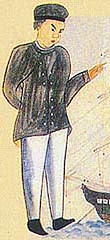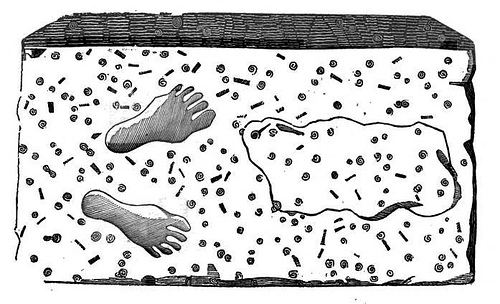
Born in 1818, Yamamoto Otokichi was only 14 when a storm carried his transport ship away from his native Japan. The trip home took him literally around the world.
The ship drifted for more than a year across the Pacific while the crew drank desalinated water and slowly devoured the cargo of rice. By the time it reached the United States, all but three had died of scurvy, and the survivors were enslaved by Indians and then delivered to the Hudson’s Bay Company.
Their patron there sent them to London and then on to Macao in hopes they might help to open trade with the East. But Tokyo met their overtures with cannonfire, and Otokichi spent most of his remaining years as a seaman and translator.
He died in 1867 in Singapore, but his story has a belated resolution: In 2005, half of Otokichi’s remains were returned to his hometown in Japan — 187 years after he left.





